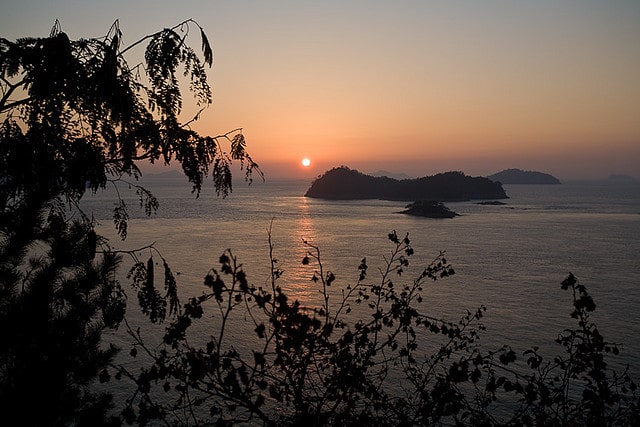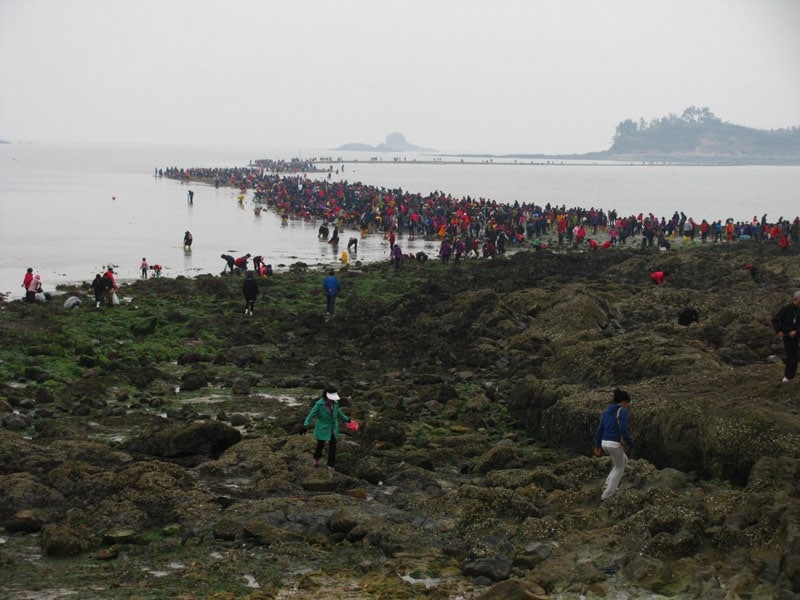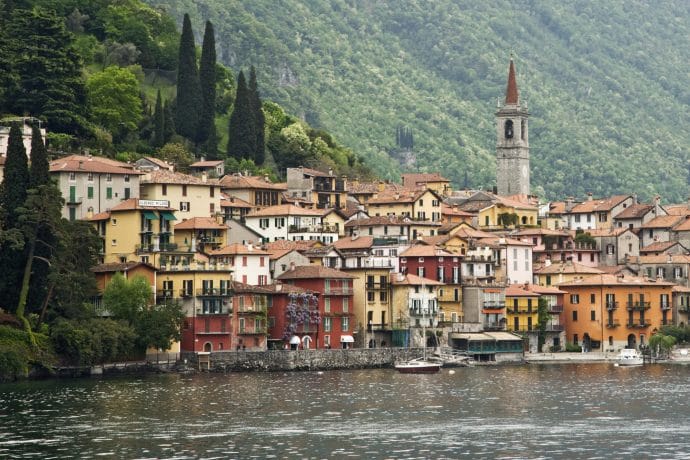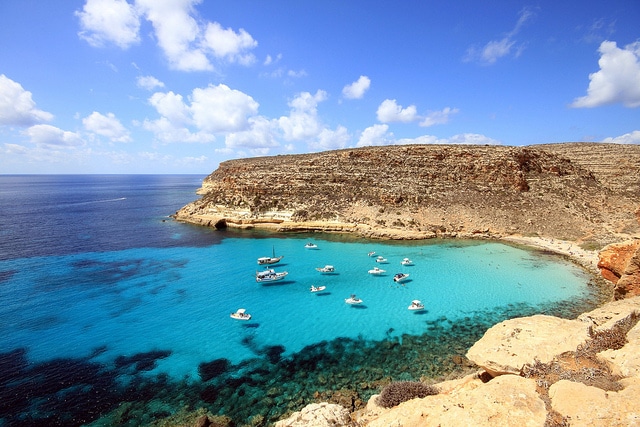The island of Jindo in South Korea is the scene of one of the most curious natural phenomena of the planet. Called the “Miracle of Moses” is a natural phenomenon celebrated four times a year, in the beginning of March to mid-June when the tide reaches its highest peak. The Miracle of Moses at the Jindo Island is the low tide that creates a strip of land nearly 3 km long and 40 meters wide linking the island of Jindo to Modo Island for an hour.

The event is celebrated every year with a festival which is attended by an impressive amount of people (over one million) coming from all over the world to witness the phenomenon of Jindo. The Jindo Sea Parting Festival is celebrated three times a year in March, May and June. Recently, due to the large turnout of fans of the event, is celebrated during the month of April. This passage between two islands was largely unknown until 1975, when the French Ambassador Pierre Randi had the opportunity to visit South Korea and told a French newspaper about the “Miracle of Moses.” During the trip, you can meet curious tourists, Korean people singing traditional songs and dancers. They perform a traditional dance called Ganggangsullae, which is staged for the tourists’ delight. It’s easy to see Korean old ladies dig for shells, crabs, starfish and other aquatic animals.

Obviously, such a phenomenon has given rise to a legend: the village of Jindo, centuries ago, was attacked by some tigers, which forced the islanders to move to the Modo Island to save themselves. All the villagers were able to reach the island, except one old woman, Pong, which was left behind. The old lady prayed to Yeongdeung, God of the Sea to divide the water and save her from the tigers.
By Nikos K
Travel photo 1: Brent, Travel photo 2: Pvince














